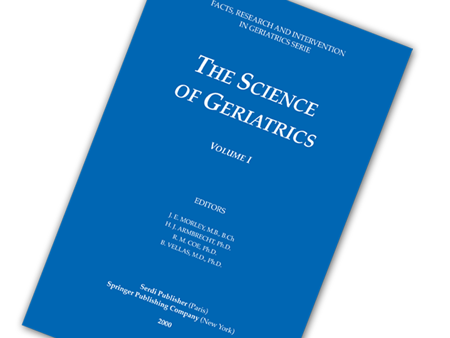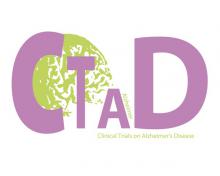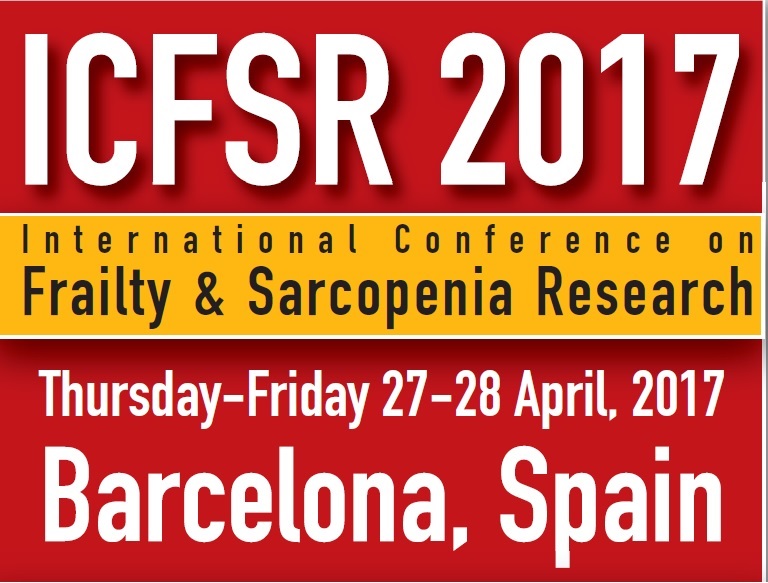Frailty is common in long-term care (LTC) and leads to decreased survival. Certain diagnoses (asthma, heart failure (HF)), Chronic Obstructive Pulmonary Disease (COPD), depressive symptoms and chronic renal failure) are associated with frailty. Objective: This study investigated food and fluid intake of residents with certain diagnoses and if the conditions were independently associated with food intake. Design & participants: Cross-sectional study with 633 participants’ where three days of weighed food and fluid intake were observed. T-tests and multiple linear regression were used to analyze associations between energy, protein, fluid and Mean Adequacy Ratio (MAR) and diagnoses and their multi-morbidity. Covariates included age, BMI, sex, cognition, eating challenges, therapeutic diets, total medications, modified diet texture, malnutrition, oral health status affecting food intake and dysphagia risk. Results: Diet quality was moderate (MAR = 0.78- 0.80) and mean daily energy, protein and fluid were 1554 (±295) kcal, 57.4 (±13.0) grams, and 1102 (±383) ml respectively. Diagnoses were not associated with energy, protein or fluid intake or MAR after adjusting for covariates. However, significantly higher fluid intake was seen in residents with HF (p=0.014) and multiple selected diagnoses (p =0.011) as compared to those without. Conclusion: Diagnoses were found to be irrelevant for explaining food and fluid intake of LTC residents. Other covariates, potential symptoms of the condition (e.g., dysphagia), were associated with intake, suggesting that the stage of frailty may be more relevant than the diagnoses leading to frailty with respect to food intake.
(1) W.S. Barkema, G.A. Heckmans, S.E. Slaughters, N. Carrier, C.O. Lengyel, H.H. Keller The Journal of Nursing Home Research Sciences Volume 5, 2019



